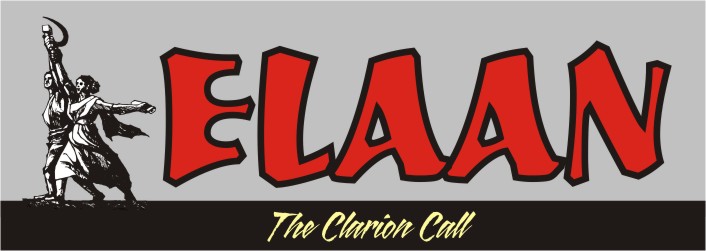
Jyotibabu is a perfect study of contradictions; a leader who rose during the Great Debate that shunned the “bourgeois parliamentary road to socialism” but will be forever remembered as the longest surviving communist Chief Minister of the bourgeoisie assembly! His elite upbringing in an affluent Bengali family, legal education in London and Marxist indoctrination during the pre-second world period, made him into the Jyotibabu as we knew him, a communist aristocrat. A distant taciturn leader who managed his party, Government and the people like a patriarch. But his ascent to the leadership was rather radical.
The primary differences between the Communist Party of Soviet Union (CPSU) and the Communist Party of China (CPC) in the early 1960s were (1) whether socialism could be built in one country, (2) whether the socialist system and capitalist system could coexist and (3) whether the communist parties could use the bourgeois parliamentary system to achieve socialism. All these three issues arose from the CPSU thesis that the “class struggle” had largely come to an end after the establishment of the Soviet Union!
The debate over these issues that came to be known as the “Great debate”, had split the communist parties world over. The undivided Communist party of India (CPI) had also split in 1964 into the CPI and CPI (M). CPI (M) led by Namboodripad and Jyotibabu opposed the CPSU line of parliamentary road to socialism.
At a CPI National Council meeting held on April 11, 1964, Jyotibabu sided with the radical Council members who walked out in protest, accusing Dange and his followers of "anti-unity and anti-Communist policies". They later on organised a convention in Tenali, Andhra Pradesh July 7 to 11. A large portrait of the Chinese Communist leader Mao Zedong at the Tenali convention indicated the tilt of the radical faction.
In 1967 a peasant uprising broke out in Naxalbari, in northern West Bengal. The insurgency was led by hardliner district-level CPI (M) leaders Charu Majumdar and Kanu Sanyal. The hardliners within CPI (M) saw the Naxalbari uprising as the spark that would ignite the Indian revolution. “Spring Thunder over India” was published as an editorial in People's Daily, organ of the Central Committee of the Communist Party of China on 5 July 1967, hailing the Naxalbari movement. The Naxalbari movement was however violently repressed by the West Bengal government of which CPI(M) was a major partner, causing an abrupt break in CPI(M)-CPC relations. Jyotibabu was the home minister of that Government!
Thus ended the radicalism of Jyotibabu and for the next one decade {1967 to 1977}, he retraced his steps back to the CPI position of parliamentary road. In 1977 he became the Chief Minister of West Bengal as the leader of CPI (M), a position he held till his retirement in 2000. From the era of “Great debate” to being the longest surviving communist Chief Minister of a bourgeois assembly, is indeed a long march. We cannot give you a parting red salute Jyotibabu but we do say alvida!

No comments:
Post a Comment